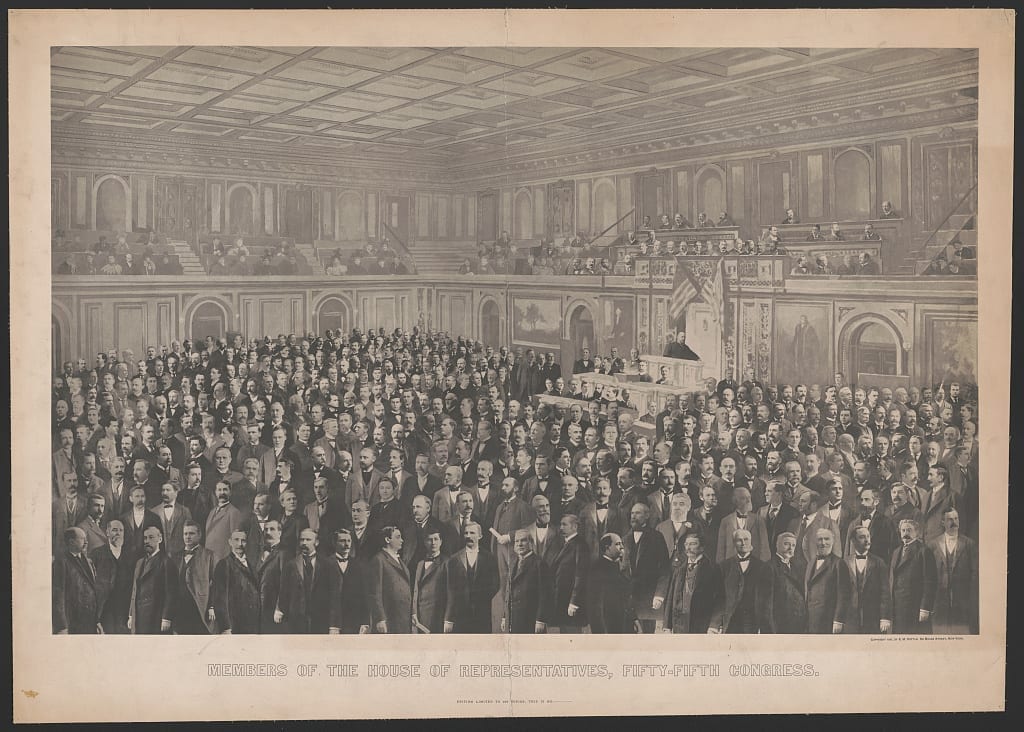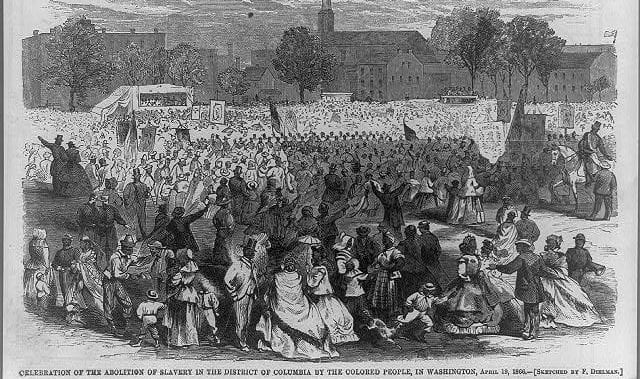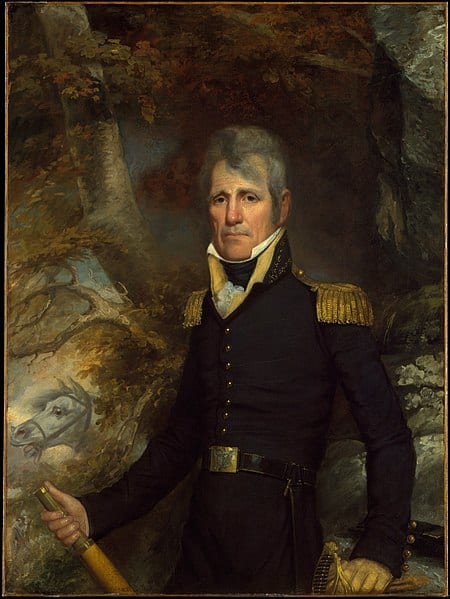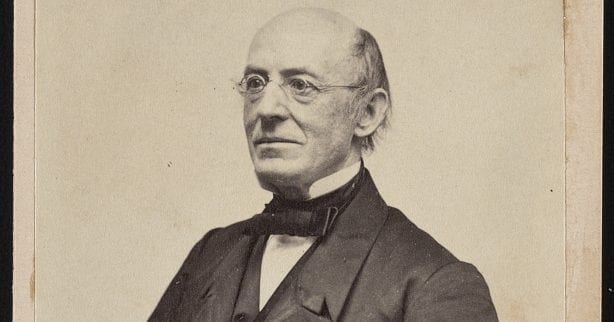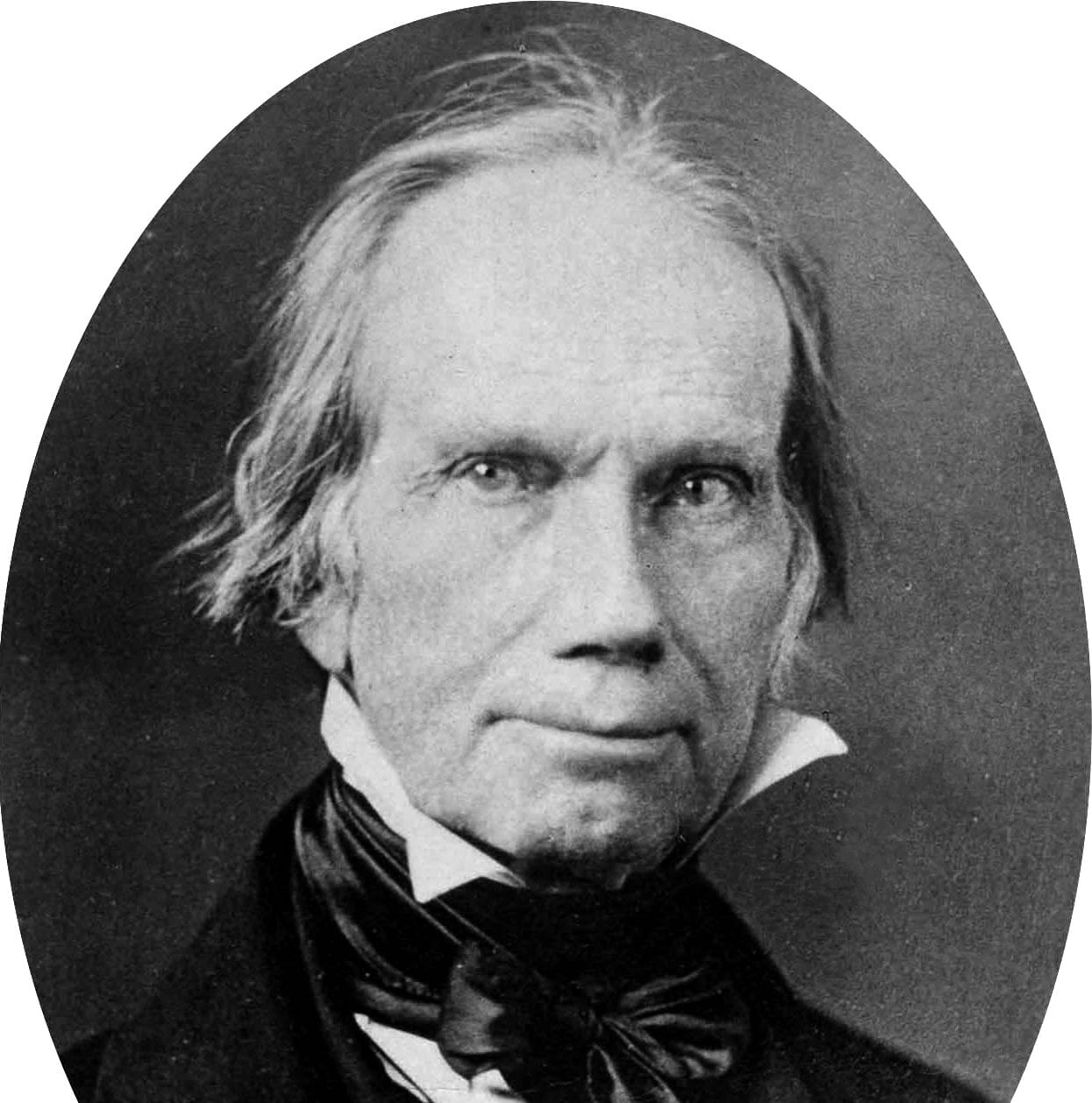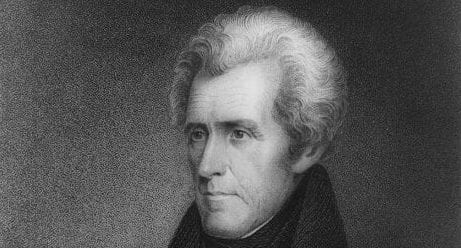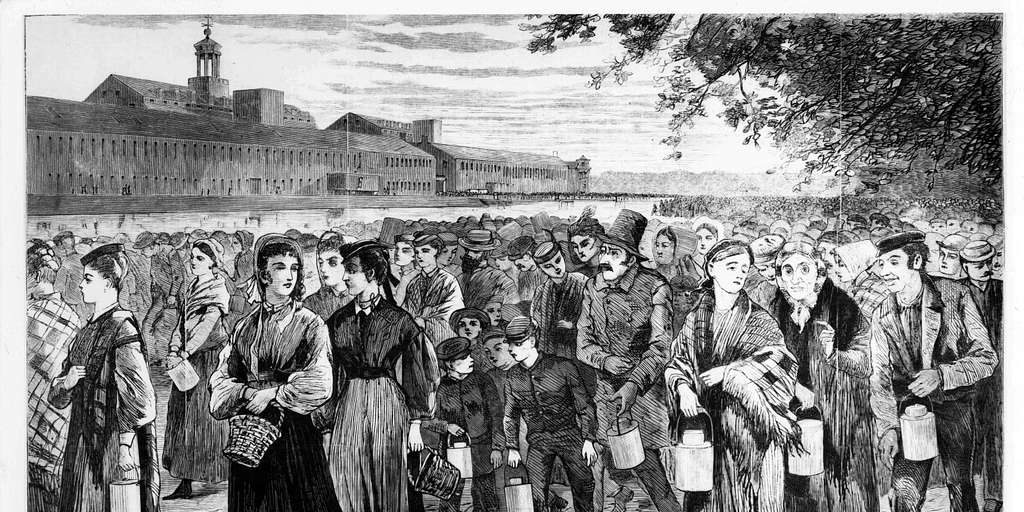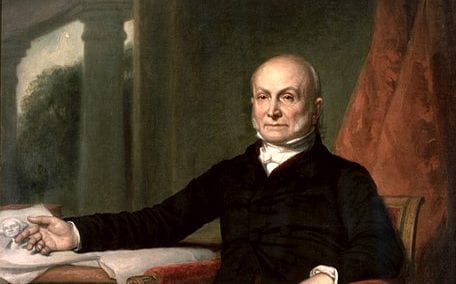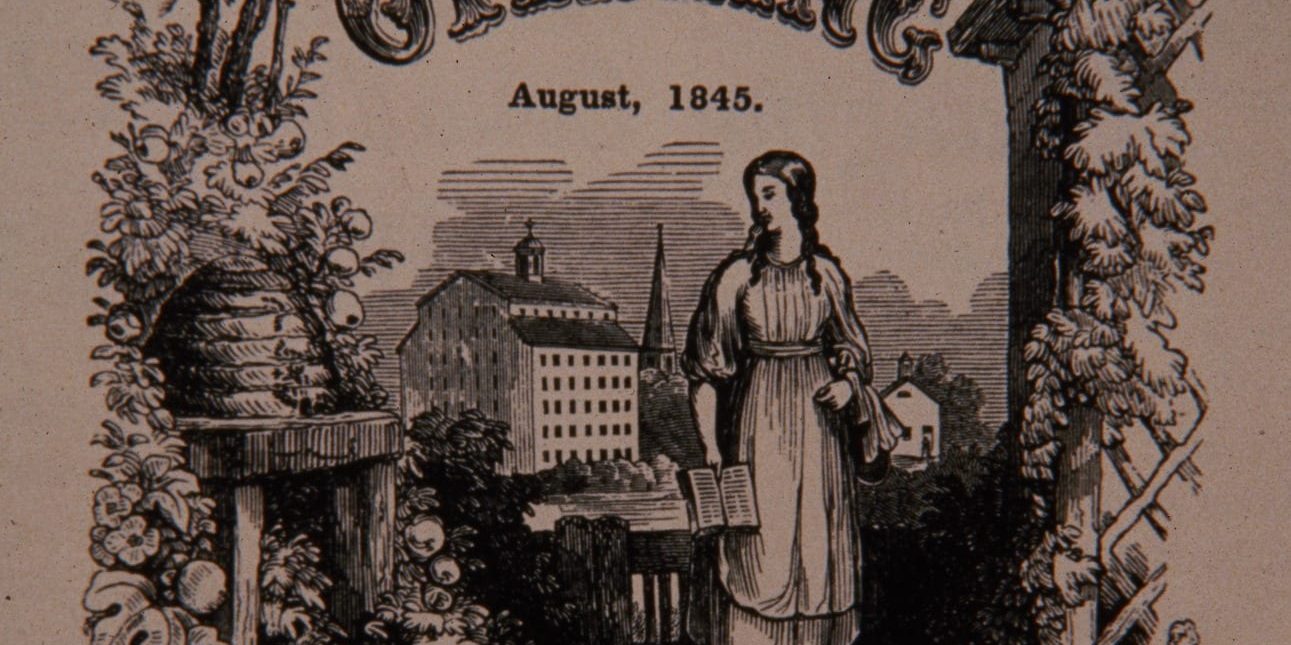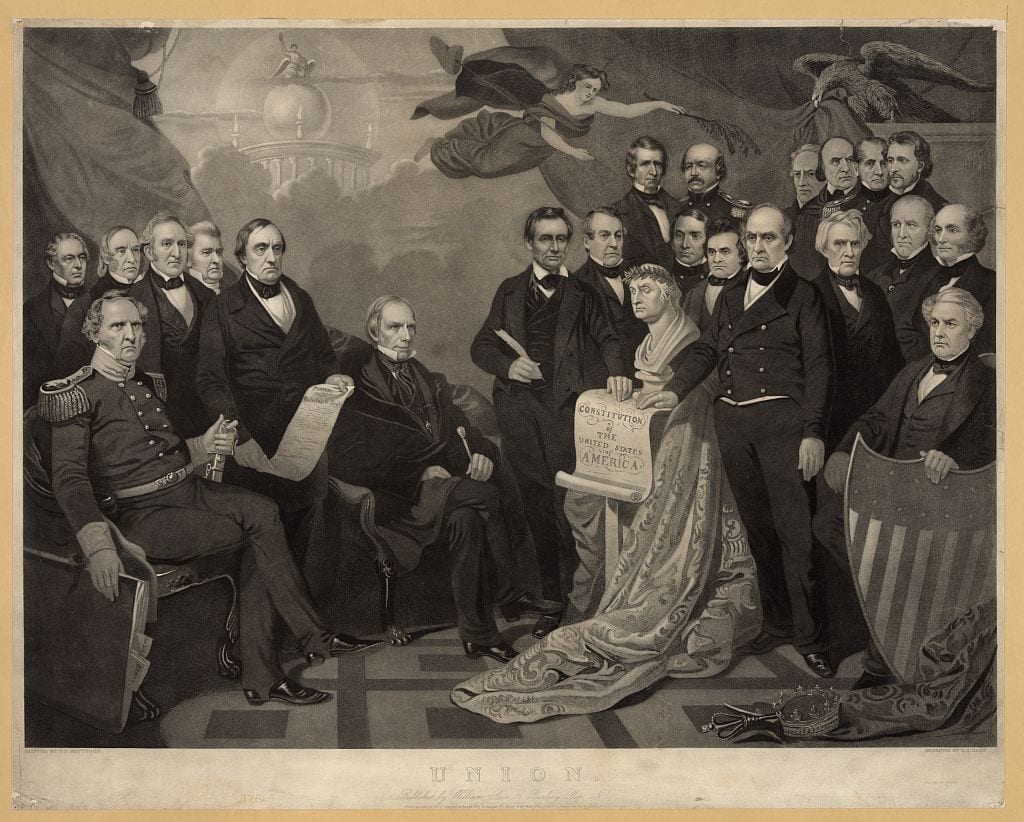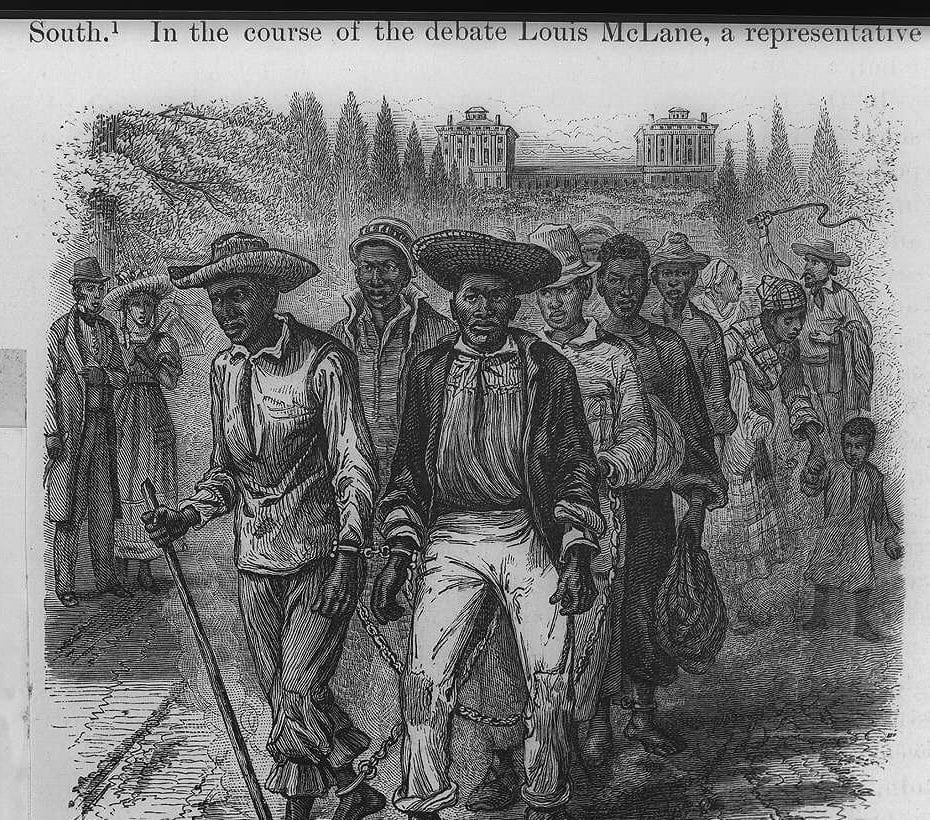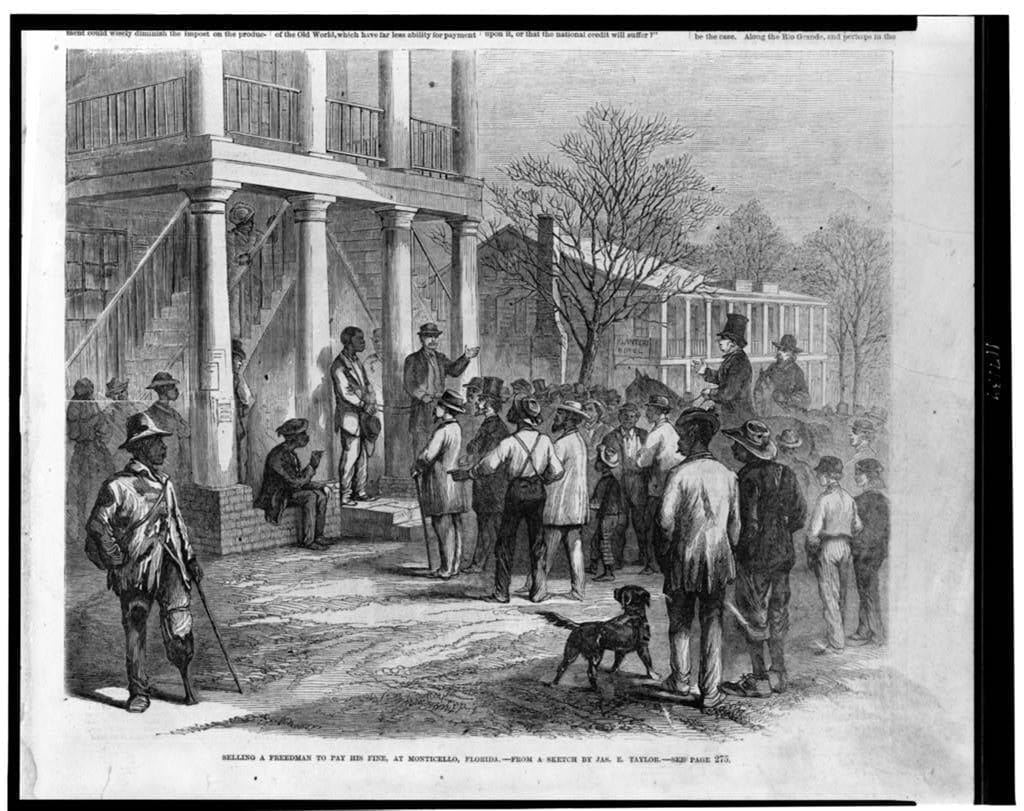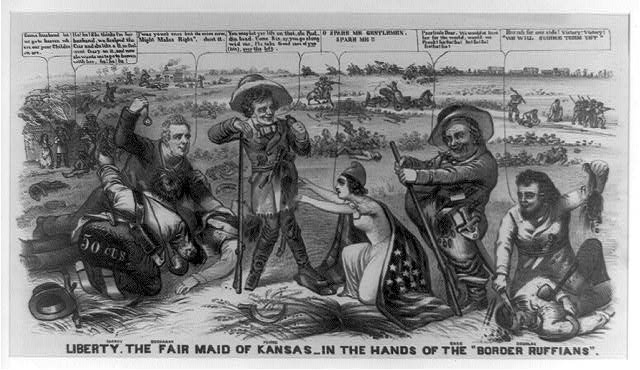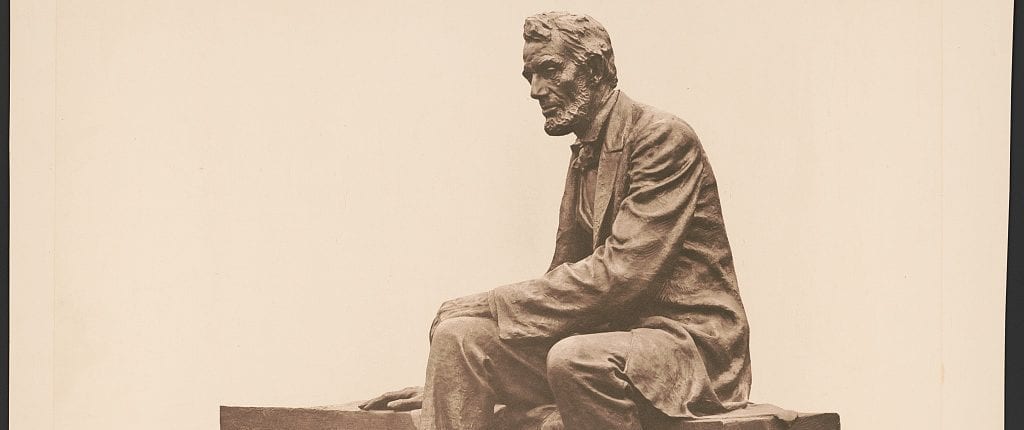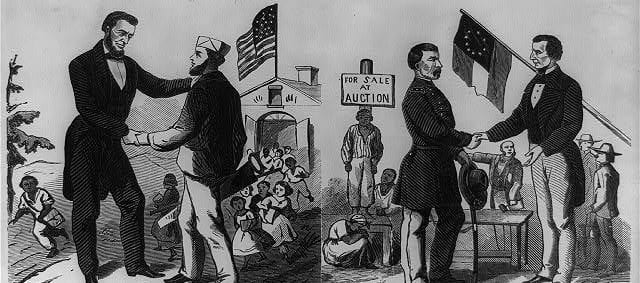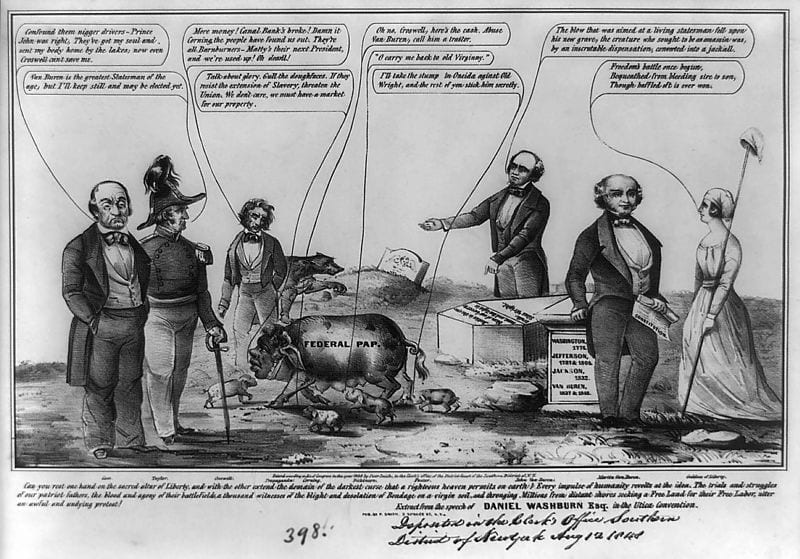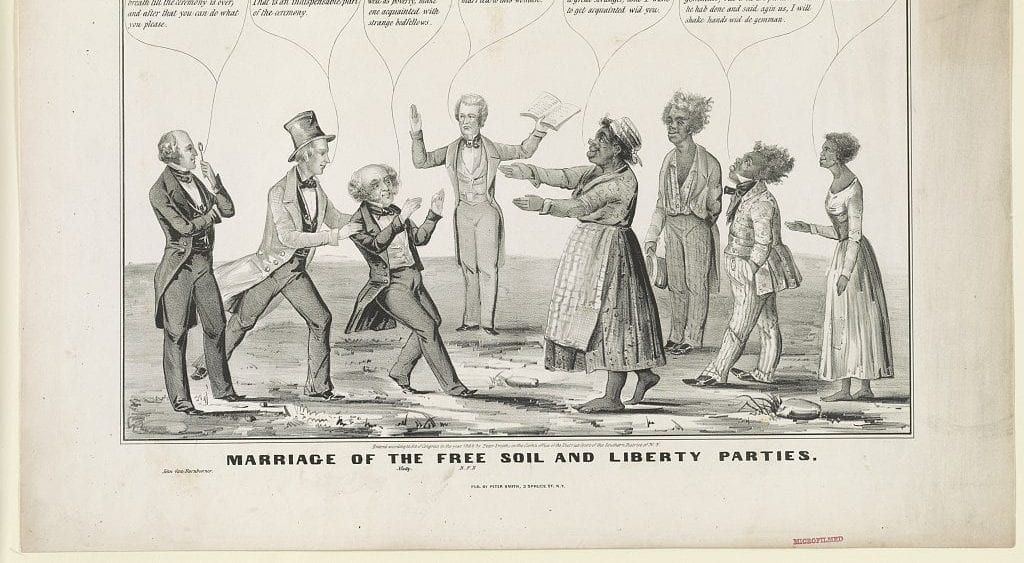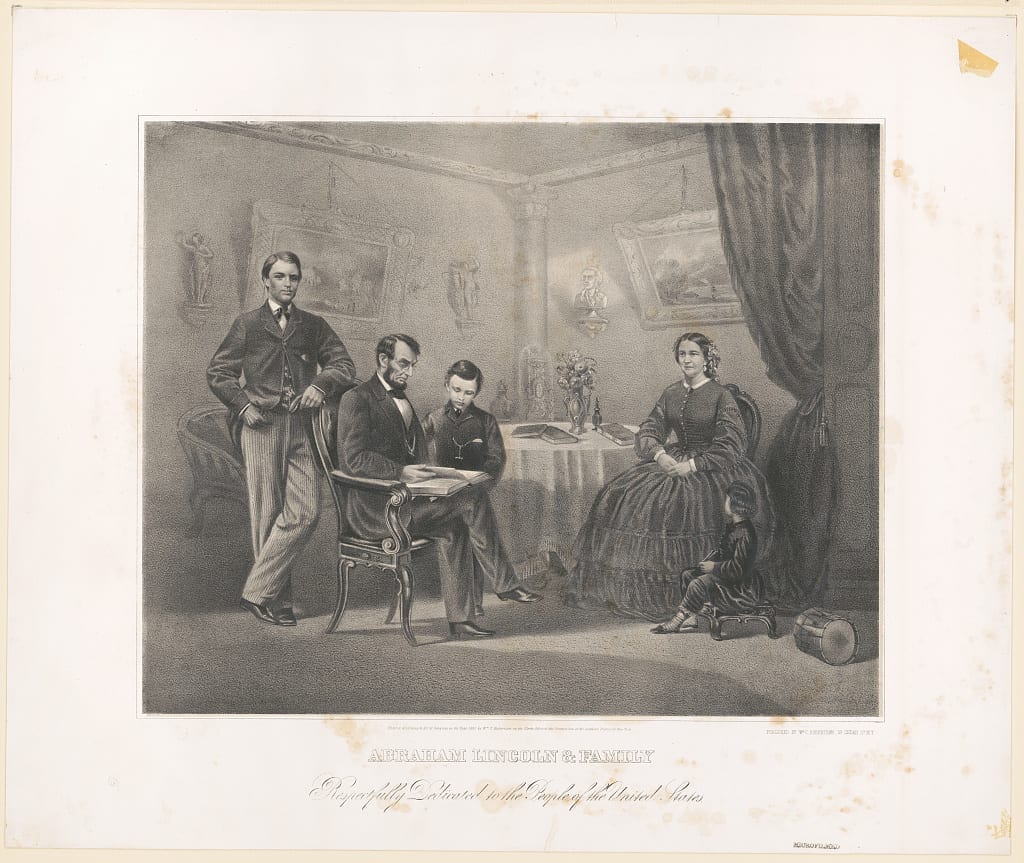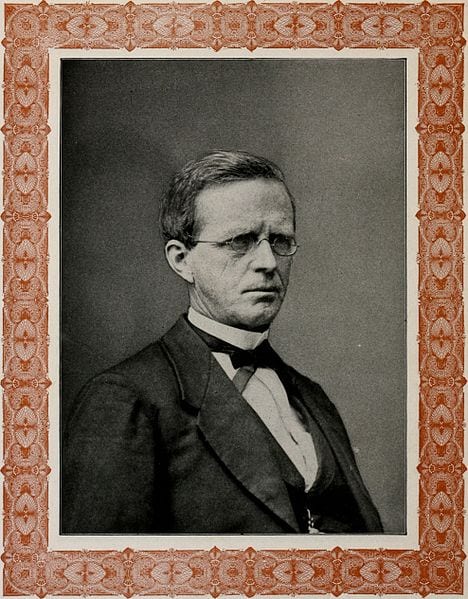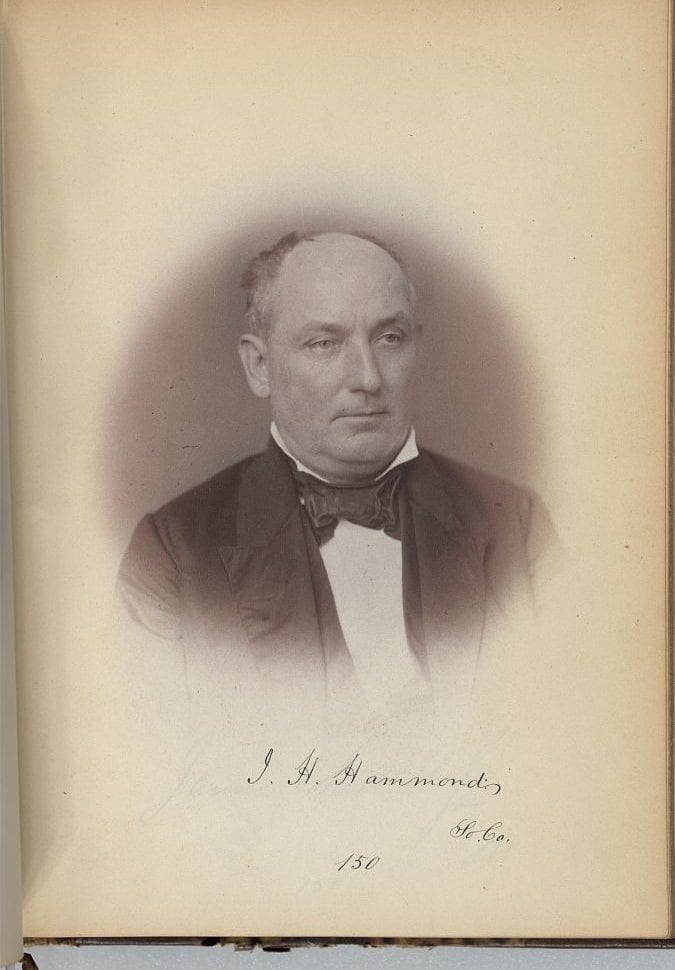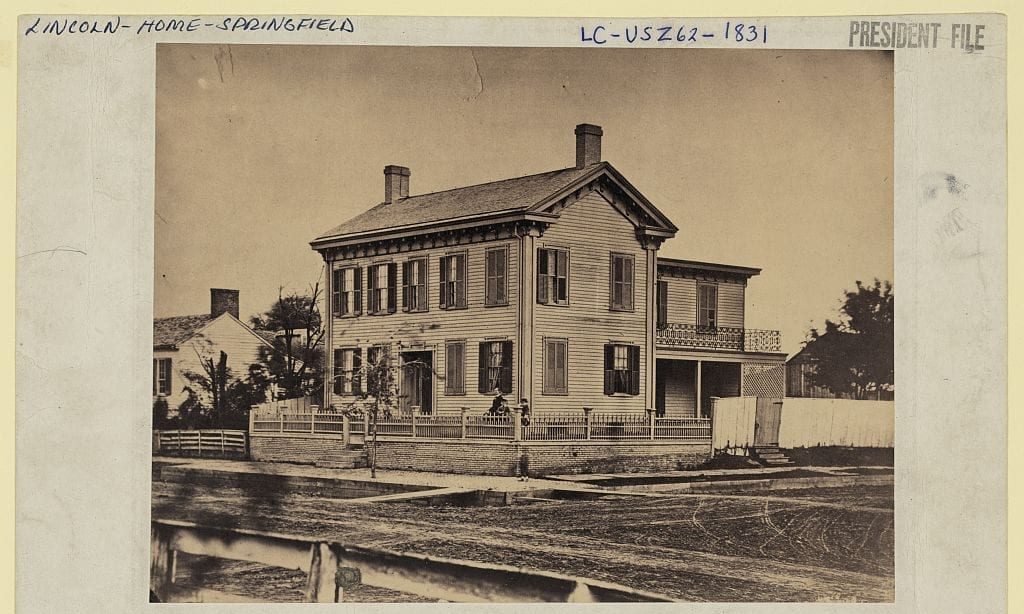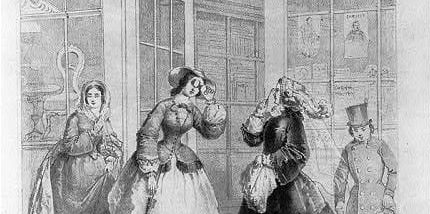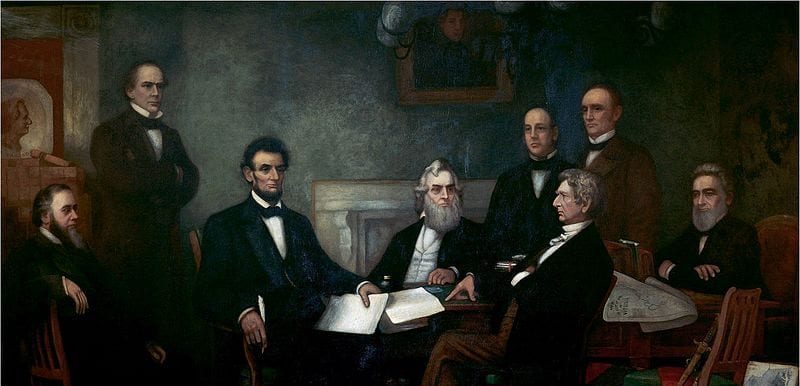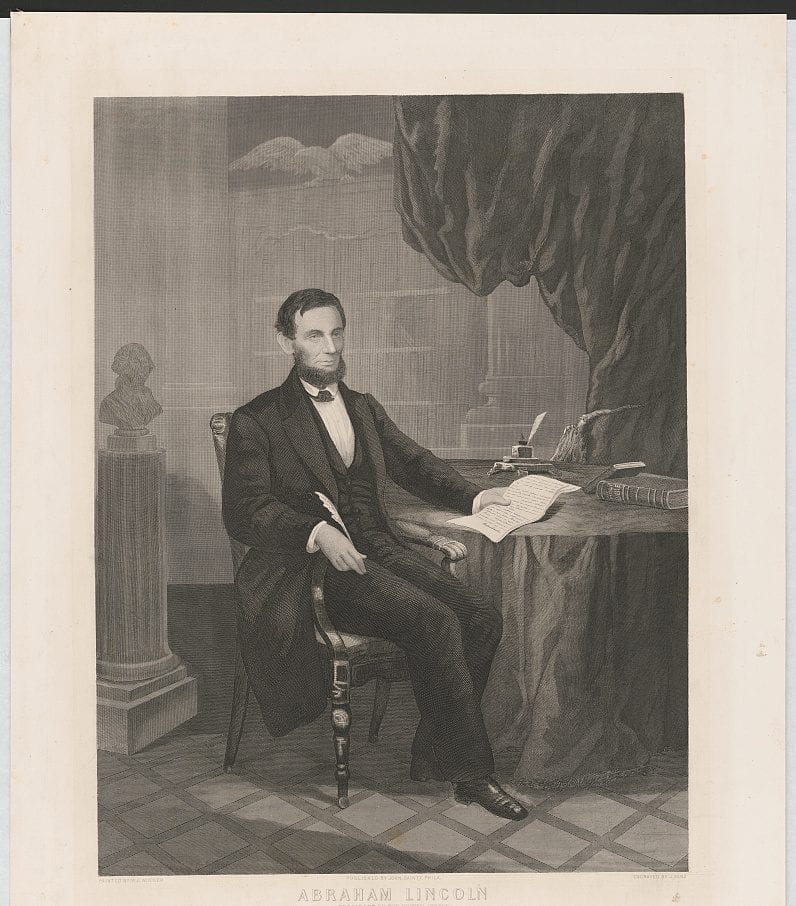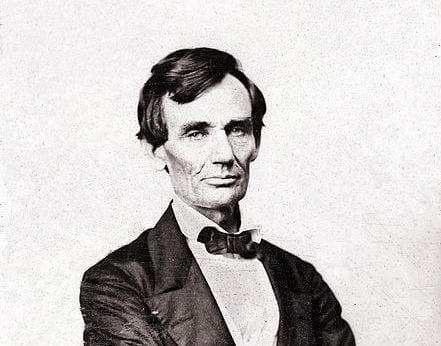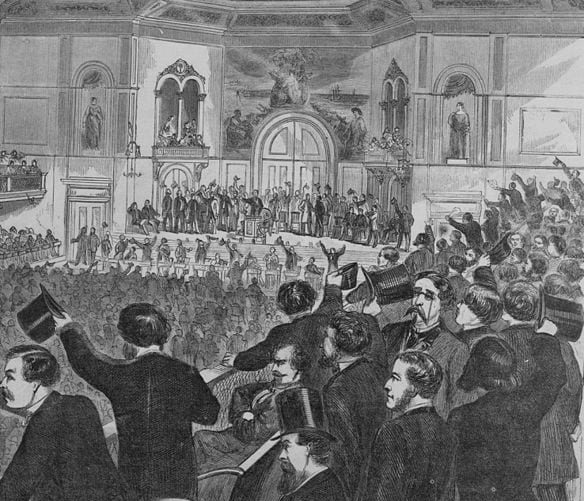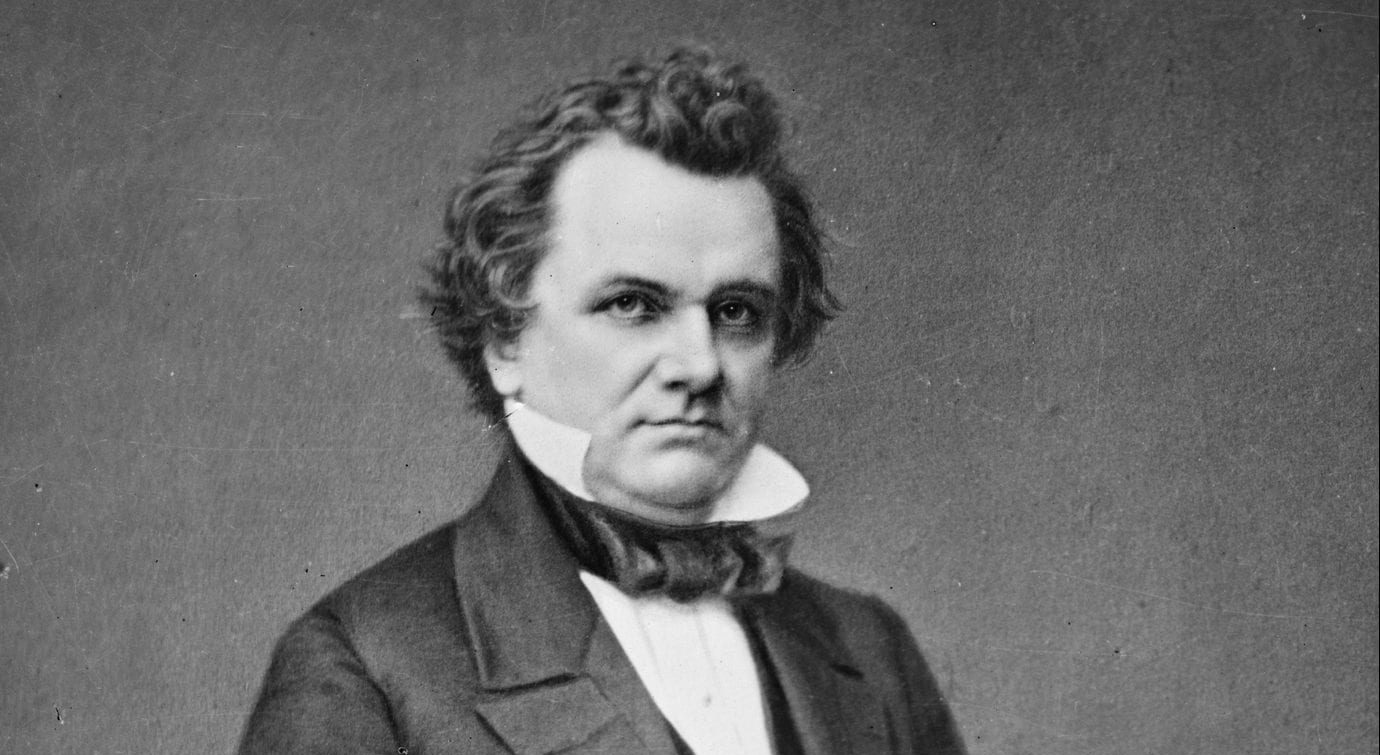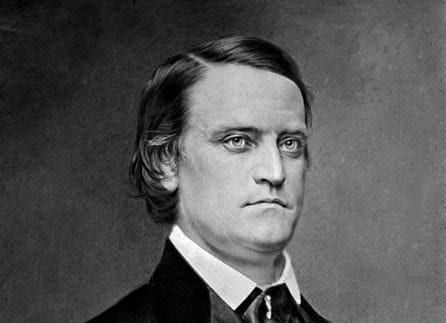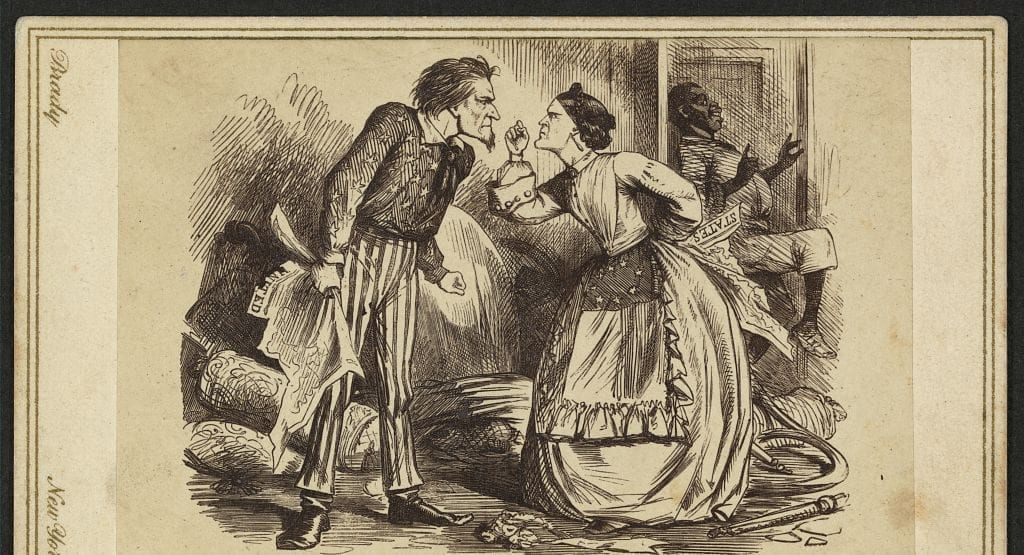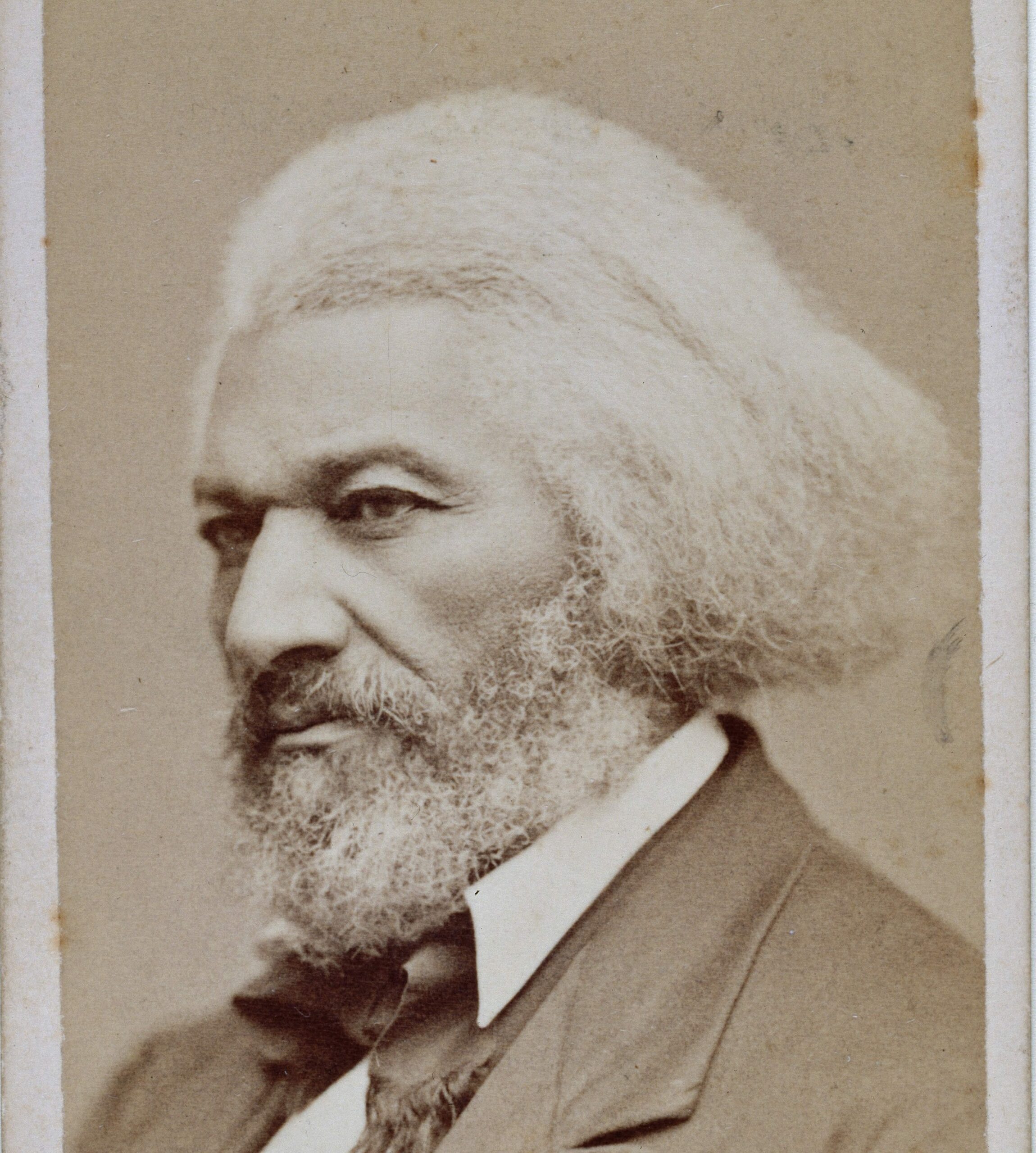


No related resources
Introduction
To cement the Federalist Party’s control over the judiciary, the lame duck Federalist Congress passed the Judiciary Act of 1801 just days prior to the inauguration of President Thomas Jefferson (1743–1826). President John Adams (1735–1826) used the act to appoint Federalist Party loyalists to new circuit court and justice of the peace positions. The Senate confirmed their appointments, but a few of the commissions were not delivered prior to Jefferson’s inauguration. Once in office, Jefferson, believing the appointment of these “midnight judges” to be improper, ordered his secretary of state, James Madison (1751–1836), to withhold the remaining commissions. William Marbury (1762–1835) was appointed a justice of the peace by Adams, but his commission was not delivered. Marbury petitioned the Supreme Court to issue a writ of mandamus to force Madison to deliver his commission, arguing that section 13 of the Judiciary Act of 1789 gave the Court this power.
This landmark case created a dilemma for Chief Justice Marshall (1755–1835) because both of his obvious choices would have been fatal for the Supreme Court’s authority. The Court could order Madison to deliver the commission, but the Jefferson administration would simply ignore the Court. This would signal that judicial orders could be disregarded. The other option, capitulating to the Jefferson administration, would also be seen as a sign of the Court’s weakness.
Marshall chose to go between the horns of this dilemma and in the process used the case to establish the power of judicial review. He said that Marbury had a right to the commission and that the law did provide him a remedy, but that Marbury had come to the Court improperly. On grounds that remain contested, Marshall ruled that section 13 of the Judiciary Act unconstitutionally increased the Court’s original jurisdiction—its authority to hear a case—and was thus void. Article III of the Constitution says the Court has original jurisdiction “in all cases affecting ambassadors, other public ministers and consuls, and those in which a state shall be party” and appellate jurisdiction in all other cases. In declining to order Madison to deliver Marbury’s commission but doing so because a law was void, the Court avoided a direct confrontation with the Jefferson administration and simultaneously asserted its power of judicial review.
Marshall’s opinion has subsequently been misinterpreted as claiming that the Court is the supreme and ultimate interpreter of the Constitution. This cannot be reconciled with the language of the decision or the political facts confronting Marshall. Marbury v. Madison does say that “it is emphatically the province and duty of the Judicial Department to say what the law is” but it does not say that it is “only” the province of the court. Here, Marshall was simply recapitulating Hamilton’s argument from Federalist 78. Long-settled judicial duties from the English common law held that when confronting conflicting laws, judges must give priority to the superior law. Marshall also argued that the judicial authority is limited to a particular case; that is, the ruling does not automatically bind everyone else, including other institutions.
Given the precarious circumstances of the Court, it would have been political suicide for Marshall to claim judicial supremacy. Democratic-Republican anger over the judiciary led to Congress eliminating the Court’s 1801 and 1802 terms. And when the Court heard Marbury v. Madison in 1803, the Jefferson administration did not even bother to send someone to present the administration’s case. Instead, Marshall’s opinion held that the Court could not be bound by the constitutional interpretations of other branches of government. Separation of powers, in fact, requires that the Court have the power of judicial review to protect itself from the other branches. But by inference, the other branches must have the authority to interpret the Constitution as well.
Source: 5 U.S. 137 (1803), https://www.law.cornell.edu/supremecourt/text/5/137.
Chief Justice MARSHALL delivered the opinion of the Court, joined by Justices PATERSON, CHASE, and WASHINGTON.
. . .At the last term, on the affidavits then read and filed with the clerk, a rule was granted in this case requiring the secretary of state to show cause why a mandamus1 should not issue directing him to deliver to William Marbury his commission as a justice of the peace for the county of Washington, in the District of Columbia.
. . .The peculiar delicacy of this case, the novelty of some of its circumstances, and the real difficulty attending the points which occur in it require a complete exposition of the principles on which the opinion to be given by the Court is founded. . . .
In the order in which the court has viewed this subject, the following questions have been considered and decided:
First. Has the applicant a right to the commission he demands?
Second. If he has a right, and that right has been violated, do the laws of his country afford him a remedy?
Third. If they do afford him a remedy, is it a mandamus issuing from this court?
The first object of inquiry is: Has the applicant a right to the commission he demands?
His right originates in an act of Congress passed in February 1801, concerning the District of Columbia. This law enacts, “that there shall be appointed in and for each of the said counties, such number of discreet persons to be justices of the peace as the president of the United States shall, from time to time, think expedient, to continue in office for five years.”
It appears, from the affidavits, that in compliance with this law, a commission for William Marbury as a justice of peace for the county of Washington was signed by John Adams, then president of the United States; after which the seal of the United States was affixed to it; but the commission has never reached the person for whom it was made out.
In order to determine whether he is entitled to this commission, it becomes necessary to inquire whether he has been appointed to the office. For if he has been appointed, the law continues him in office for five years, and he is entitled to the possession of those evidences of office which, being completed, became his property.
The second section of the second article of the Constitution declares that “the president shall nominate, and, by and with the advice and consent of the Senate, shall appoint ambassadors, other public ministers and consuls, and all other officers of the United States, whose appointments are not otherwise provided for.” The third section declares, that “he shall commission all the officers of the United States.” An act of Congress directs the secretary of state to keep the seal of the United States, “to make out and record, and affix the said seal to all civil commissions to officers of the United States, to be appointed by the president, by and with the consent of the Senate, or by the president alone; provided that the said seal shall not be affixed to any commission before the same shall have been signed by the president of the United States.”
These are the clauses of the Constitution and laws of the United States which affect this part of the case. They seem to contemplate three distinct operations:
- The nomination. This is the sole act of the president, and is completely voluntary.
- The appointment. This is also the act of the president, and is also a voluntary act, though it can only be performed by and with the advice and consent of the Senate.
- The commission. To grant a commission to a person appointed might perhaps be deemed a duty enjoined by the Constitution. “He shall,” says that instrument, “commission all the officers of the United States.”. . .
This is an appointment by the president, by and with the advice and consent of the Senate, and is evidenced by no act but the commission itself. . . .
The last act to be done by the president, is the signature of the commission. He has then acted on the advice and consent of the Senate to his own nomination. The time for deliberations has then passed. He has decided. His judgment, on the advice and consent of the Senate concurring with his nomination, has been made, and the officer is appointed. This appointment is evidenced by an open, unequivocal act; and being the last act required from the person making it, necessarily excludes the idea of its being, so far as respects the appointment, an inchoate and incomplete transaction. . . .
The signature is a warrant for affixing the great seal to the commission; and the great seal is only to be affixed to an instrument which is complete. It asserts, by an act supposed to be of public notoriety, the verity of the presidential signature.
It is never to be affixed till the commission is signed, because the signature, which gives force and effect to the commission, is conclusive evidence that the appointment is made.
The commission being signed, the subsequent duty of the secretary of state is prescribed by law, and not to be guided by the will of the president. He is to affix the seal of the United States to the commission, and is to record it.
This is not a proceeding which may be varied, if the judgment of the executive shall suggest one more eligible; but is a precise course accurately marked out by law, and is to be strictly pursued. It is the duty of the secretary of state to conform to the law, and in this he is an officer of the United States, bound to obey the laws. He acts, in this regard, as has been very properly stated at the bar,2 under the authority of law, and not by the instructions of the president. It is a ministerial act which the law enjoins on a particular officer for a particular purpose. . . .
The discretion of the executive is to be exercised until the appointment has been made. But having once made the appointment, his power over the office is terminated in all cases, where, by law, the officer is not removable by him. The right to the office is then in the person appointed, and he has the absolute, unconditional power of accepting or rejecting it.
Mr. Marbury, then, since his commission was signed by the president, and sealed by the secretary of state, was appointed; and as the law creating the office gave the officer a right to hold for five years, independent of the executive, the appointment was not revocable; but vested in the officer legal rights, which are protected by the laws of his country.
To withhold his commission, therefore, is an act deemed by the Court not warranted by law, but violative of a vested legal right.
This brings us to the second inquiry; which is, 2. If he has a right, and that right has been violated, do the laws of his country afford him a remedy?
The very essence of civil liberty certainly consists in the right of every individual to claim the protection of the laws, whenever he receives an injury. One of the first duties of government is to afford that protection. . . .
The government of the United States has been emphatically termed a government of laws, and not of men. It will certainly cease to deserve this high appellation if the laws furnish no remedy for the violation of a vested legal right. . . .
By the Constitution of the United States, the president is invested with certain important political powers, in the exercise of which he is to use his own discretion, and is accountable only to his country in his political character, and to his own conscience. To aid him in the performance of these duties, he is authorized to appoint certain officers, who act by his authority and in conformity with his orders.
In such cases, their acts are his acts; and whatever opinion may be entertained of the manner in which executive discretion may be used, still there exists, and can exist, no power to control that discretion. The subjects are political. They respect the nation, not individual rights, and being entrusted to the executive, the decision of the executive is conclusive. The application of this remark will be perceived by adverting to the act of Congress for establishing the department of foreign affairs. This office, as his duties were prescribed by that act, is to conform precisely to the will of the president. He is the mere organ by whom that will is communicated. The acts of such an officer, as an officer, can never be examinable by the courts.
But when the legislature proceeds to impose on that officer other duties; when he is directed peremptorily to perform certain acts; when the rights of individuals are dependent on the performance of those acts; he is so far the officer of the law; is amenable to the laws for his conduct; and cannot at his discretion sport away the vested rights of others.
The conclusion from this reasoning is, that where the heads of departments are the political or confidential agents of the executive, merely to execute the will of the president, or rather to act in cases in which the executive possesses a constitutional or legal discretion, nothing can be more perfectly clear than that their acts are only politically examinable. But where a specific duty is assigned by law, and individual rights depend upon the performance of that duty, it seems equally clear that the individual who considers himself injured has a right to resort to the laws of his country for a remedy.
If this be the rule, let us inquire how it applies to the case under the consideration of the Court.
The power of nominating to the Senate, and the power of appointing the person nominated, are political powers, to be exercised by the president according to his own discretion. When he has made an appointment, he has exercised his whole power, and his discretion has been completely applied to the case. . . .
The question whether a right has vested or not is, in its nature, judicial, and must be tried by the judicial authority. If, for example, Mr. Marbury had taken the oaths of a magistrate, and proceeded to act as one; in consequence of which a suit had been instituted against him, in which his defense had depended on his being a magistrate, the validity of his appointment must have been determined by judicial authority.
So, if he conceives that, by virtue of his appointment, he has a legal right either to the commission which has been made out for him or to a copy of that commission, it is equally a question examinable in a court, and the decision of the court upon it must depend on the opinion entertained of his appointment.
That question has been discussed, and the opinion is, that the latest point of time which can be taken as that at which the appointment was complete, and evidenced, was when, after the signature of the president, the seal of the United States was affixed to the commission.
It is then the opinion of the court:
First. That by signing the commission of Mr. Marbury, the president of the United States appointed him a justice of peace, for the county of Washington in the District of Columbia; and that the seal of the United States, affixed thereto by the secretary of state, is conclusive testimony of the verity of the signature, and of the completion of the appointment; and that the appointment conferred on him a legal right to the office for the space of five years.
Second. That, having this legal title to the office, he has a consequent right to the commission; a refusal to deliver which is a plain violation of that right, for which the laws of his country afford him a remedy. It remains to be inquired whether, third. He is entitled to the remedy for which he applies. This depends on, 1. The nature of the writ applied for, and, 2. The power of this Court.
- The nature of the writ. . . .
If one of the heads of departments commits any illegal act, under the color of his office, by which an individual sustains an injury, it cannot be pretended that his office alone exempts him from being sued in the ordinary mode of proceeding and being compelled to obey the judgment of the law. How then can his office exempt him from this particular mode of deciding on the legality of his conduct, if the case be such a case as would, were any other individual the party complained of, authorize the process?
It is not by the office of the person to whom the writ is directed, but the nature of the thing to be done that the propriety or impropriety of issuing a mandamus is to be determined. Where the head of a department acts in a case, in which executive discretion is to be exercised; in which he is the mere organ of executive will; it is again repeated, that any application to a court to control, in any respect, his conduct, would be rejected without hesitation.
But where he is directed by law to do a certain act affecting the absolute rights of individuals, in the performance of which he is not placed under the particular direction of the president, and the performance of which the president cannot lawfully forbid, and therefore is never presumed to have forbidden; as for example, to record a commission which has received all the legal solemnities, it is not perceived on what ground the courts of the country are further excused from the duty of giving judgment, that right be done to an injured individual, than if the same services were to be performed by a person not the head of a department. . . .
It was at first doubted whether the action of detinue3 was not a specified legal remedy for the commission which has been withheld from Mr. Marbury; in which case a mandamus would be improper. But this doubt has yielded to the consideration that the judgment in detinue is for the thing itself, or its value. The value of a public office not to be sold is incapable of being ascertained; and the applicant has a right to the office itself, or to nothing. He will obtain the office by obtaining the commission or a copy of it from the record.
This, then, is a plain case for a mandamus, either to deliver the commission, or a copy of it from the record; and it only remains to be inquired, whether it can issue from this Court.
The act to establish the judicial courts of the United States authorizes the Supreme Court “to issue writs of mandamus, in cases warranted by the principles and usages of law, to any courts appointed, or persons holding office, under the authority of the United States.”
The secretary of state, being a person holding an office under the authority of the United States, is precisely within the letter of the description; and if this court is not authorized to issue a writ of mandamus to such an officer, it must be because the law is unconstitutional, and therefore absolutely incapable of conferring the authority and assigning the duties which its words purport to confer and assign.
The Constitution vests the whole judicial power of the United States in one Supreme Court and such inferior courts as Congress shall, from time to time, ordain and establish. This power is expressly extended to all cases arising under the laws of the United States; and consequently, in some form, may be exercised over the present case; because the right claimed is given by a law of the United States.
In the distribution of this power it is declared that “the Supreme Court shall have original jurisdiction in all cases affecting ambassadors, other public ministers and consuls, and those in which a state shall be a party. In all other cases, the supreme court shall have appellate jurisdiction.”
It has been insisted, at the bar, that as the original grant of jurisdiction, to the supreme and inferior courts, is general, and the clause assigning original jurisdiction to the Supreme Court contains no negative or restrictive words; the power remains to the legislature to assign original jurisdiction to that Court in other cases than those specified in the article which has been recited; provided those cases belong to the judicial power of the United States.
If it had been intended to leave it to the discretion of the legislature to apportion the judicial power between the Supreme and inferior courts according to the will of that body, it would certainly have been useless to have proceeded further than to have defined the judicial powers, and the tribunals in which it should be vested. The subsequent part of the section is mere surplusage, is entirely without meaning, if such is to be the construction. If Congress remains at liberty to give this court appellate jurisdiction, where the Constitution has declared their jurisdiction shall be original; and original jurisdiction where the Constitution has declared it shall be appellate; the distribution of jurisdiction made in the Constitution is form without substance.
Affirmative words are often, in their operation, negative of other objects than those affirmed; and in this case, a negative or exclusive sense must be given to them or they have no operation at all.
It cannot be presumed that any clause in the Constitution is intended to be without effect; and therefore such a construction is inadmissible, unless the words require it.
When an instrument organizing fundamentally a judicial system, divides it into one supreme and so many inferior courts as the legislature may ordain and establish; then enumerates its powers and proceeds so far to distribute them, as to define the jurisdiction of the Supreme Court by declaring the cases in which it shall take original jurisdiction, and that in others it shall take appellate jurisdiction; the plain import of the words seems to be, that in one class of cases its jurisdiction is original, and not appellate; in the other it is appellate, and not original. If any other construction would render the clause inoperative, that is an additional reason for rejecting such other construction, and for adhering to their obvious meaning.
To enable this court then to issue a mandamus, it must be shown to be an exercise of appellate jurisdiction, or to be necessary to enable them to exercise appellate jurisdiction.
It has been stated at the bar that the appellate jurisdiction may be exercised in a variety of forms, and that if it be the will of the legislature that a mandamus should be used for that purpose, that will must be obeyed. This is true, yet the jurisdiction must be appellate, not original.
It is the essential criterion of appellate jurisdiction, that it revises and corrects the proceedings in a cause already instituted, and does not create that cause. Although, therefore, a mandamus may be directed to courts, yet to issue such a writ to an officer for the delivery of a paper is in effect the same as to sustain an original action for that paper, and therefore seems not to belong to appellate, but to original jurisdiction. Neither is it necessary in such a case as this to enable the court to exercise its appellate jurisdiction.
The authority, therefore, given to the Supreme Court, by the act establishing the judicial courts of the United States to issue writs of mandamus to public officers, appears not to be warranted by the Constitution; and it becomes necessary to inquire whether a jurisdiction so conferred can be exercised.
The question whether an act repugnant to the Constitution can become the law of the land is a question deeply interesting to the United States; but, happily, not of an intricacy proportioned to its interest. It seems only necessary to recognize certain principles, supposed to have been long and well established, to decide it.
That the people have an original right to establish, for their future government, such principles as, in their opinion, shall most conduce to their own happiness is the basis on which the whole American fabric has been erected. The exercise of this original right is a very great exertion; nor can it, nor ought it to be frequently repeated. The principles, therefore, so established are deemed fundamental. And as the authority, from which they proceed, is supreme, and can seldom act, they are designed to be permanent.
This original and supreme will organizes the government, and assigns, to different departments, their respective powers. It may either stop here; or establish certain limits not to be transcended by those departments.
The government of the United States is of the latter description. The powers of the legislature are defined and limited; and that those limits may not be mistaken, or forgotten, the Constitution is written. To what purpose are powers limited, and to what purpose is that limitation committed to writing, if these limits may, at any time, be passed by those intended to be restrained? The distinction between a government with limited and unlimited powers is abolished, if those limits do not confine the persons on whom they are imposed, and if acts prohibited and acts allowed are of equal obligation. It is a proposition too plain to be contested that the Constitution controls any legislative act repugnant to it; or, that the legislature may alter the Constitution by an ordinary act.
Between these alternatives there is no middle ground. The Constitution is either a superior, paramount law, unchangeable by ordinary means, or it is on a level with ordinary legislative acts, and like other acts is alterable when the legislature shall please to alter it.
If the former part of the alternative be true, then a legislative act contrary to the Constitution is not law; if the latter part be true, then written constitutions are absurd attempts, on the part of the people, to limit a power in its own nature illimitable.
Certainly all those who have framed written constitutions contemplate them as forming the fundamental and paramount law of the nation, and consequently the theory of every such government must be, that an act of the legislature, repugnant to the constitution, is void.
If an act of the legislature, repugnant to the constitution, is void, does it, notwithstanding its invalidity, bind the courts and oblige them to give it effect? Or, in other words, though it be not law, does it constitute a rule as operative as if it was a law? This would be to overthrow in fact what was established in theory; and would seem, at first view, an absurdity too gross to be insisted on. It shall, however, receive a more attentive consideration.
It is emphatically the province and duty of the judicial department to say what the law is. Those who apply the rule to particular cases must of necessity expound and interpret that rule. If two laws conflict with each other, the courts must decide on the operation of each.
So if a law be in opposition to the constitution; if both the law and the constitution apply to a particular case, so that the court must either decide that case conformably to the law, disregarding the constitution; or conformably to the constitution, disregarding the law; the court must determine which of these conflicting rules governs the case. This is of the very essence of judicial duty.
If then the courts are to regard the constitution; and the constitution is superior to any ordinary act of the legislature; the constitution, and not such ordinary act, must govern the case to which they both apply.
Those then who controvert the principle that the constitution is to be considered, in court, as a paramount law, are reduced to the necessity of maintaining that courts must close their eyes on the constitution and see only the law.
This doctrine would subvert the very foundation of all written constitutions. It would declare that an act which, according to the principles and theory of our government, is entirely void, is yet in practice completely obligatory. It would declare that if the legislature shall do what is expressly forbidden, such act, notwithstanding the express prohibition, is in reality effectual. It would be giving to the legislature a practical and real omnipotence, with the same breath which professes to restrict their powers within narrow limits. It is prescribing limits and declaring that those limits may be passed at pleasure.
That it thus reduces to nothing what we have deemed the greatest improvement on political institutions—a written constitution—would of itself be sufficient, in America, where written constitutions have been viewed with so much reverence, for rejecting the construction. But the peculiar expressions of the Constitution of the United States furnish additional arguments in favor of its rejection.
The judicial power of the United States is extended to all cases arising under the Constitution. Could it be the intention of those who gave this power, to say that, in using it, the Constitution should not be looked into? That a case arising under the Constitution should be decided without examining the instrument under which it arises? This is too extravagant to be maintained.
In some cases, then, the Constitution must be looked into by the judges. And if they can open it at all, what part of it are they forbidden to read, or to obey? There are many other parts of the Constitution which serve to illustrate this subject. It is declared that “no tax or duty shall be laid on articles exported from any state.” Suppose a duty on the export of cotton, of tobacco, or of flour, and a suit instituted to recover it. Ought judgment to be rendered in such a case? Ought the judges to close their eyes on the Constitution, and only see the law? The Constitution declares that “no bill of attainder or ex post facto law shall be passed.”4 If, however, such a bill should be passed and a person should be prosecuted under it, must the court condemn to death those victims whom the Constitution endeavors to preserve? . . .
Why otherwise does it direct the judges to take an oath to support it? This oath certainly applies, in an especial manner, to their conduct in their official character. How immoral to impose it on them if they were to be used as the instruments, and the knowing instruments, for violating what they swear to support!
The oath of office, too, imposed by the legislature, is completely demonstrative of the legislative opinion on the subject. It is in these words, “I do solemnly swear that I will administer justice without respect to persons, and do equal right to the poor and to the rich; and that I will faithfully and impartially discharge all the duties incumbent on me as according to the best of my abilities and understanding, agreeably to the Constitution, and laws of the United States.”
Why does a judge swear to discharge his duties agreeably to the Constitution of the United States if that Constitution forms no rule for his government? if it is closed upon him, and cannot be inspected by him?
If such be the real state of things, this is worse than solemn mockery. To prescribe, or to take this oath, becomes equally a crime. . . .
Thus, the particular phraseology of the Constitution of the United States confirms and strengthens the principle, supposed to be essential to all written constitutions, that a law repugnant to the Constitution is void; and that courts, as well as other departments, are bound by that instrument.
- 1. An order to an inferior court or a person to perform a public or statutory duty
- 2. In the Court.
- 3. “Detinue” is a legal term meaning an action to recover personal property wrongly taken
- 4. A bill of attainder is a legislative act that declares one or more person guilty of a crime and deprives them of civil rights, including the right to own property and to pass it on to heirs. Ex post facto is Latin for “after the fact.” An ex post facto law is one that makes an act criminal or increases the punishment for an act retroactively, that is, after the act was committed.
Inaugural Address (1805)
March 04, 1805
Conversation-based seminars for collegial PD, one-day and multi-day seminars, graduate credit seminars (MA degree), online and in-person.














